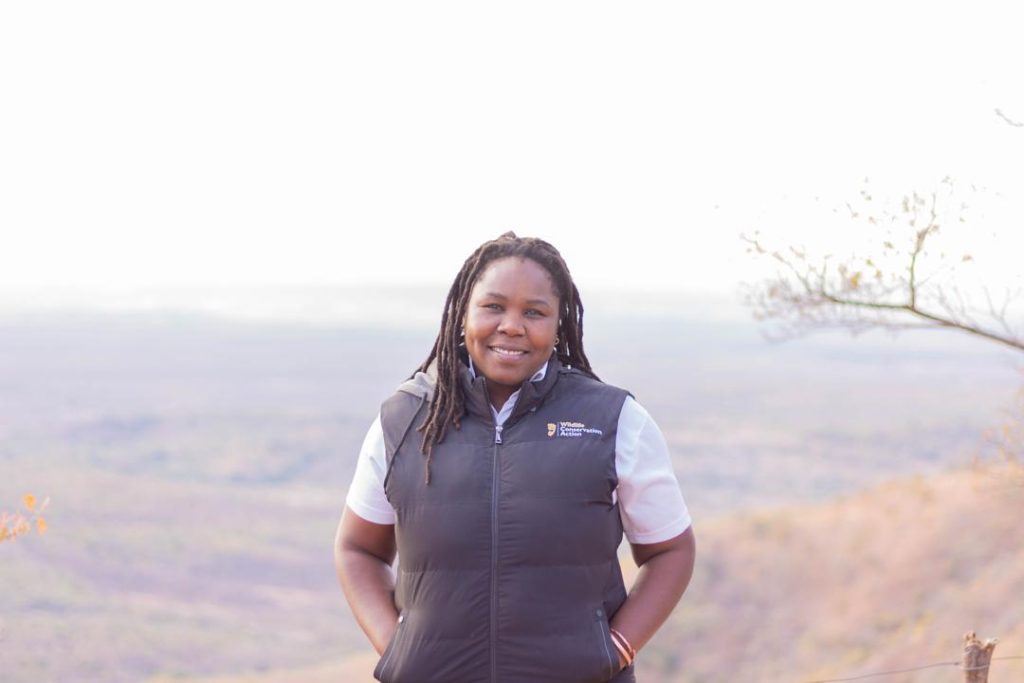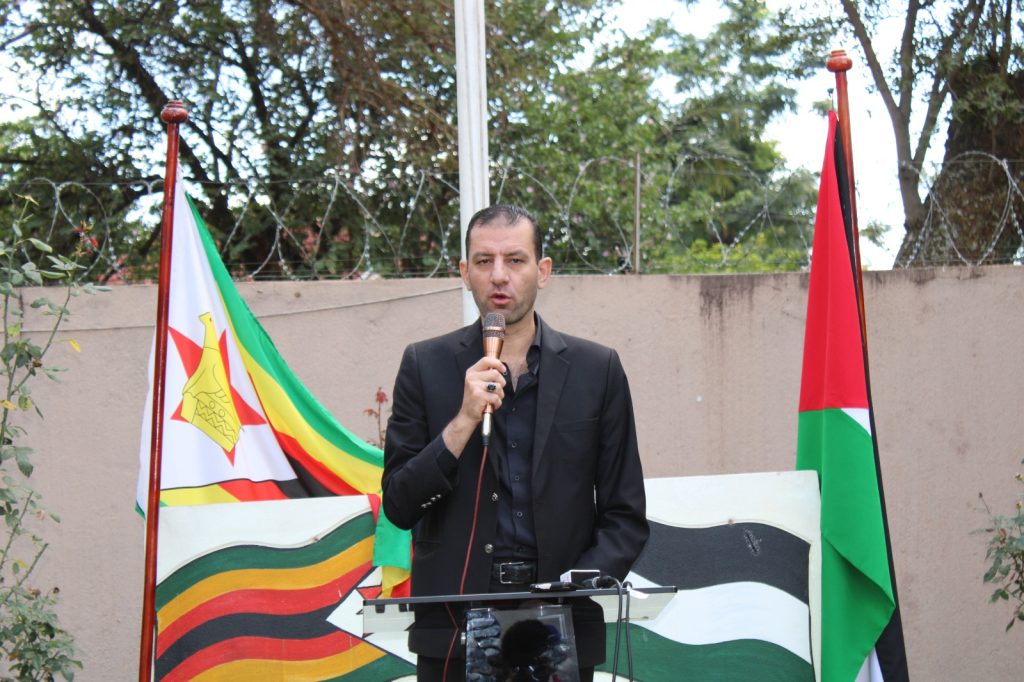By Rudo Mandiro
In the heart of Zimbabwe’s Kariba district, a dedicated conservationist is working tirelessly to reduce the conflict between people and wildlife.
Dr Moreangels Mbizah, the founder of Wildlife Conservation Action (WCA) and a Wild Africa partner, has been leading efforts in Kariba, Mbire, and Binga districts for the past five years, reshaping the relationship between communities and Africa’s iconic predator – the lion.
“Through innovative strategies and community involvement, we have witnessed a significant decrease in conflict incidents with lions, marking an important success for conservation in the region,” Dr Mbizah shared in an interview.
One of the key initiatives is the introduction of “Community Guardians” – a network of young men and women who act as first responders in human-wildlife conflict situations and are trained to mitigate livestock losses and protect both farmers and lions from harm.
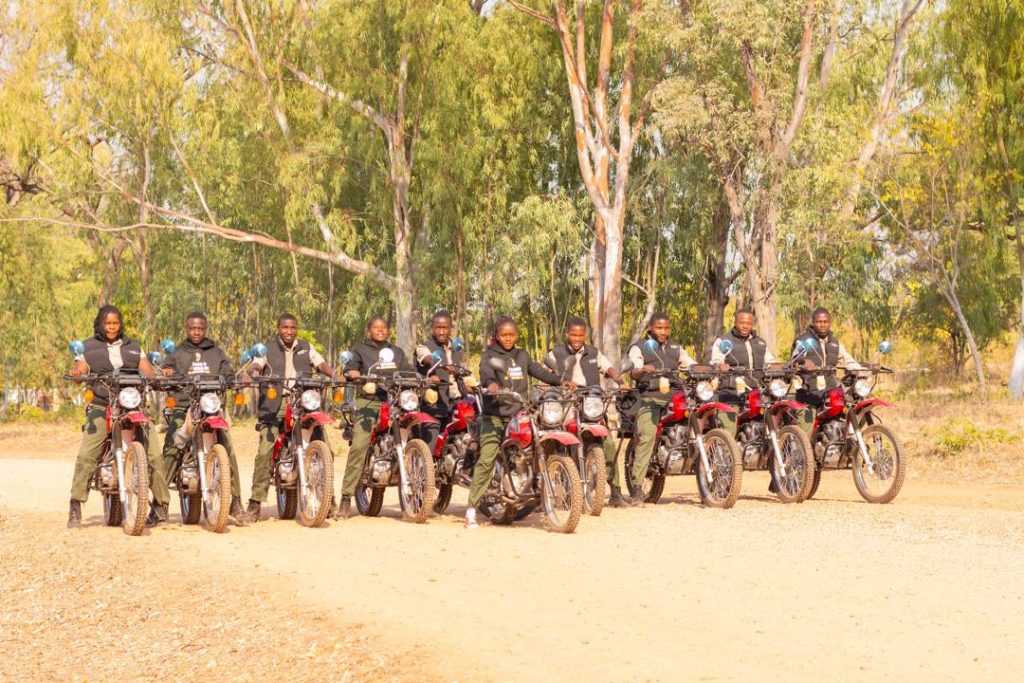
These guardians are recruited from local communities, fostering trust and rapport with those they aim to support.
“By empowering community members and equipping them with the necessary knowledge and skills, we ensure that conflicts are managed effectively and sustainably,” explained Dr Mbizah.
WCA has also focused on engaging schools in the region through “Guidance of the Wild” environmental clubs. These clubs foster a sense of responsibility towards wildlife and the environment, empowering young people to protect their natural heritage.
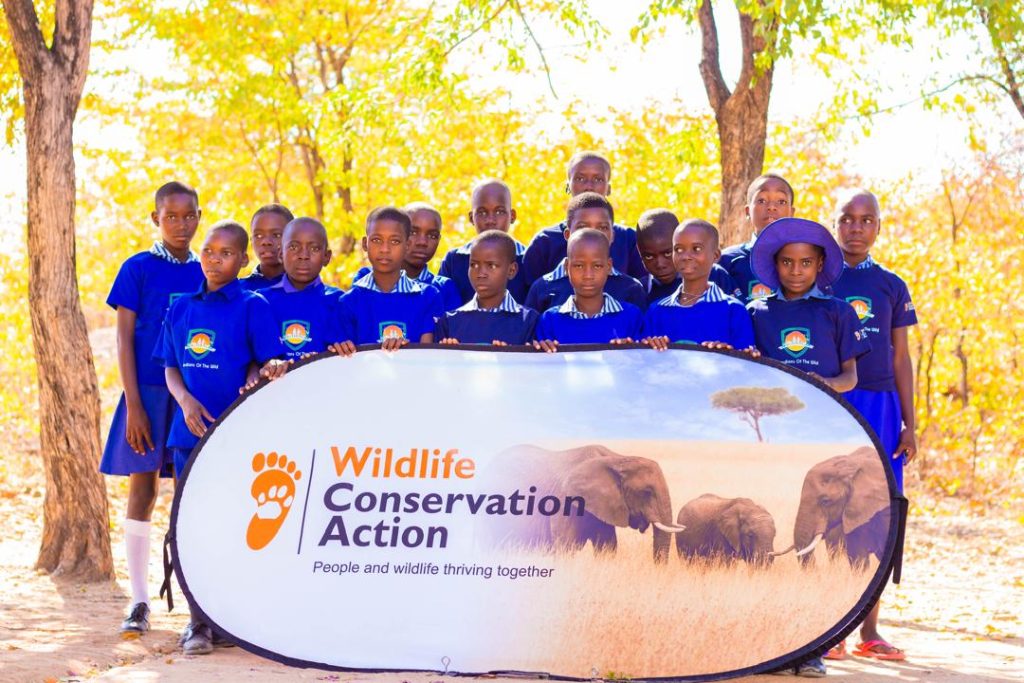
This knowledge not only benefits the students but also influences their families and communities, creating a ripple effect of conservation consciousness.
Another innovative solution introduced by WCA is the mobile predator-proof bomas, which are effective in protecting cattle and goats from lion attacks during the night.
These structures, built from opaque sheeting, act as a powerful and cost-effective deterrent, as lions are visual hunters.
The advantage of mobile bomas lies in their versatility, as they can be easily moved from one farm to another, providing protection where it is most needed.
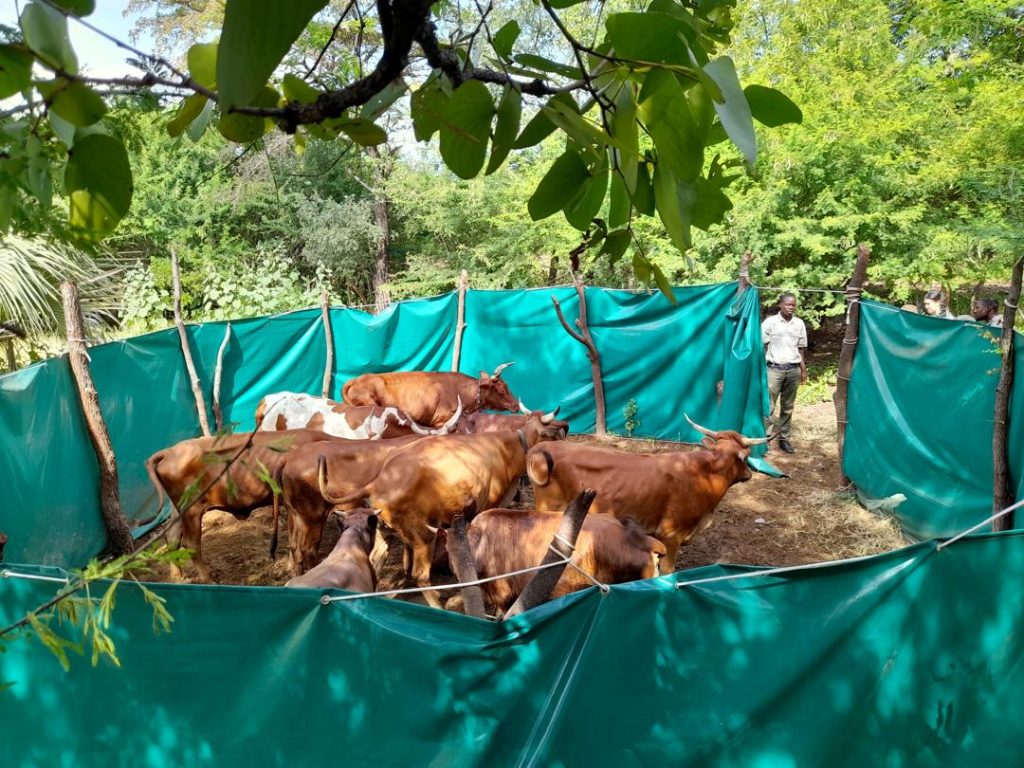
“Initiatives like those championed by the WCA are critical to support lions, a species which has lost 92 percent of its global historic range,” said Guy Jenning, Wild Africa’s Southern Africa Director.
“By empowering these communities to live with lions and protecting their habitats, we could see this vital species restored and thriving in Zimbabwe. This would not only ensure their sustainability but would support wildlife tourism, creating jobs in the very areas experiencing these difficulties and driving their local economies.”
The work of Dr Mbizah and the WCA team is a testament to the power of community engagement in wildlife conservation.
By fostering trust, imparting knowledge, and providing practical solutions, they are paving the way for a harmonious coexistence between people and predators in Zimbabwe’s Kariba region.




